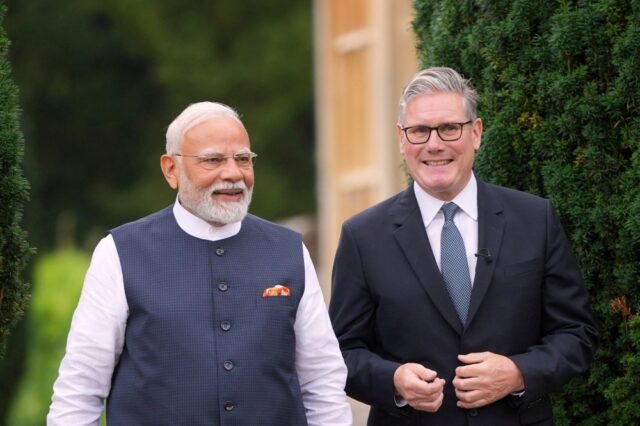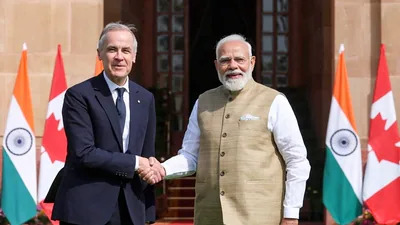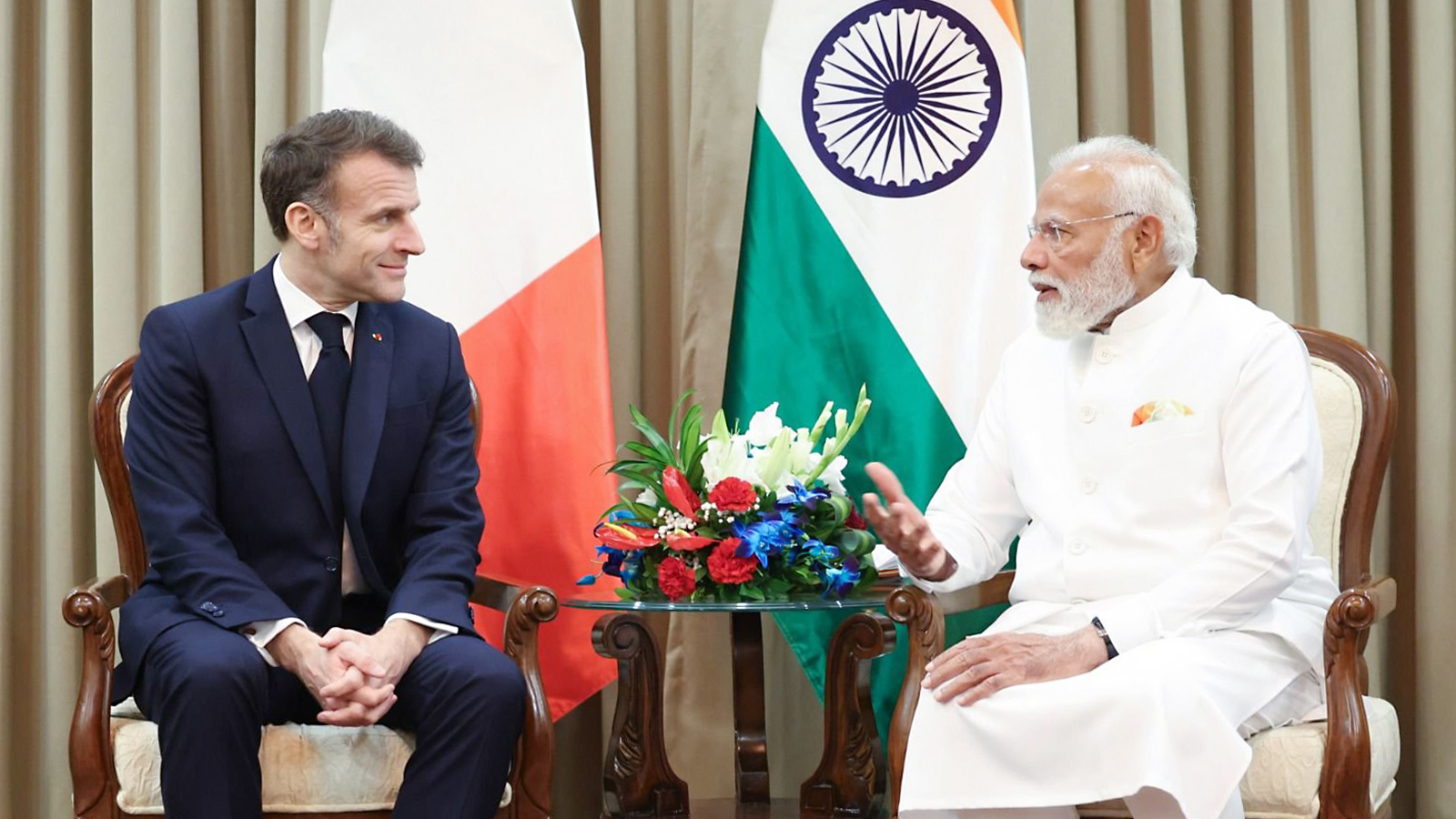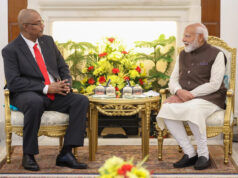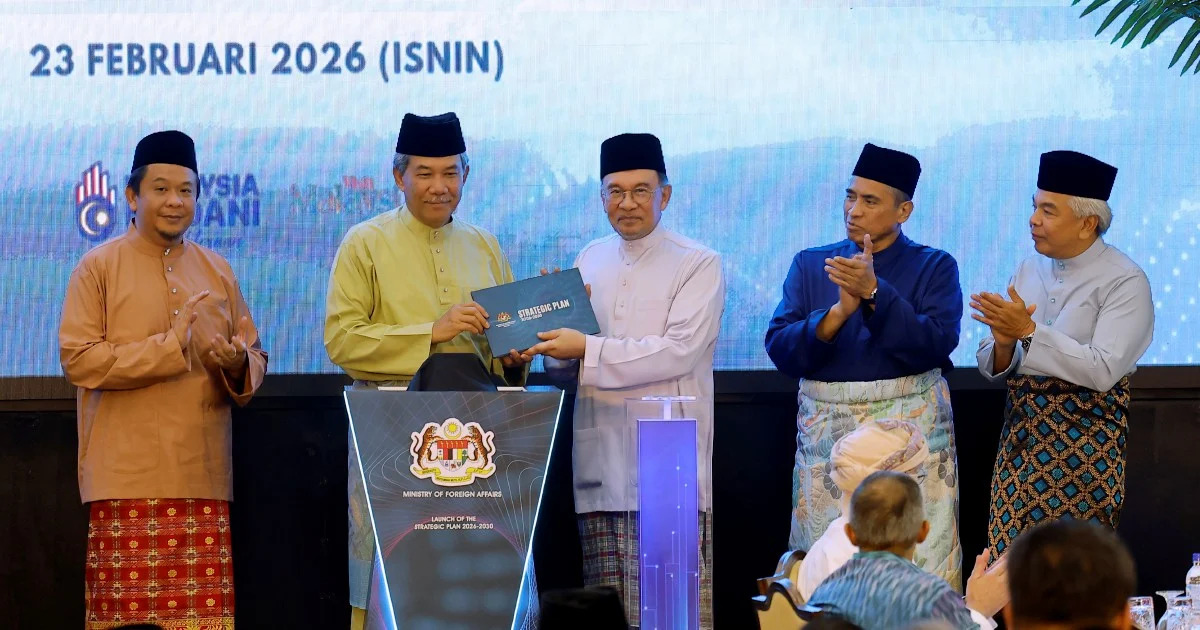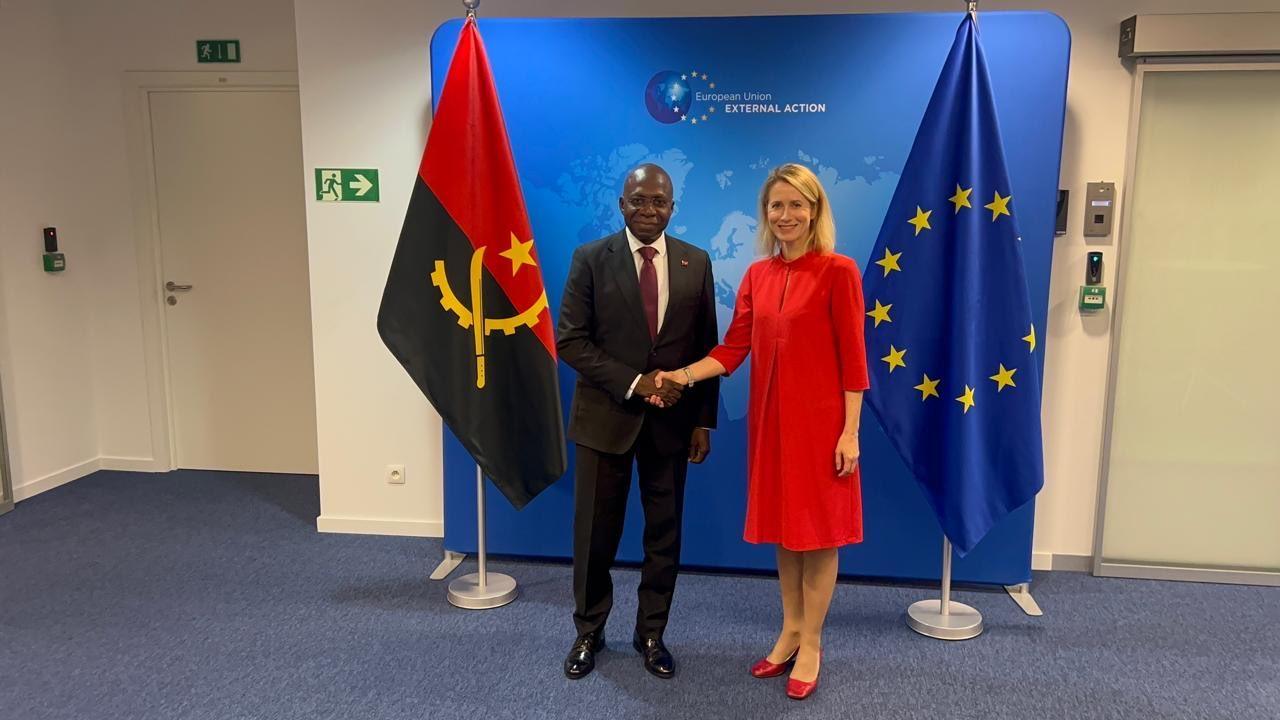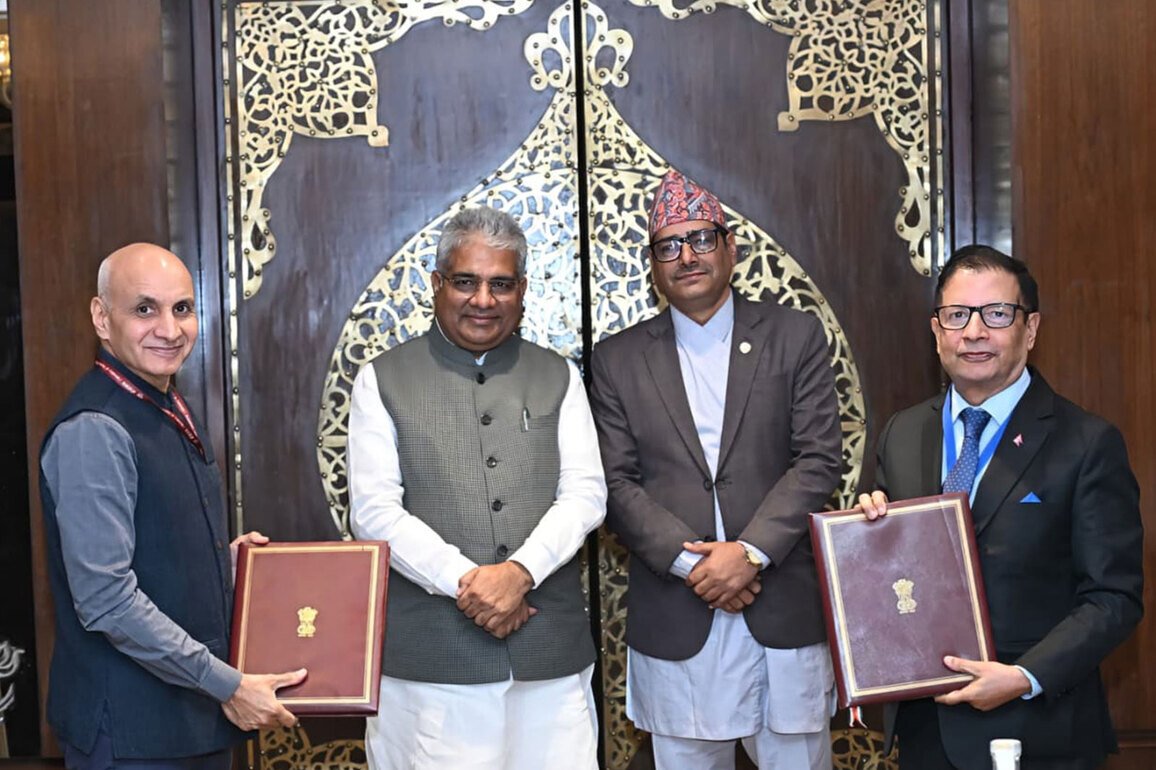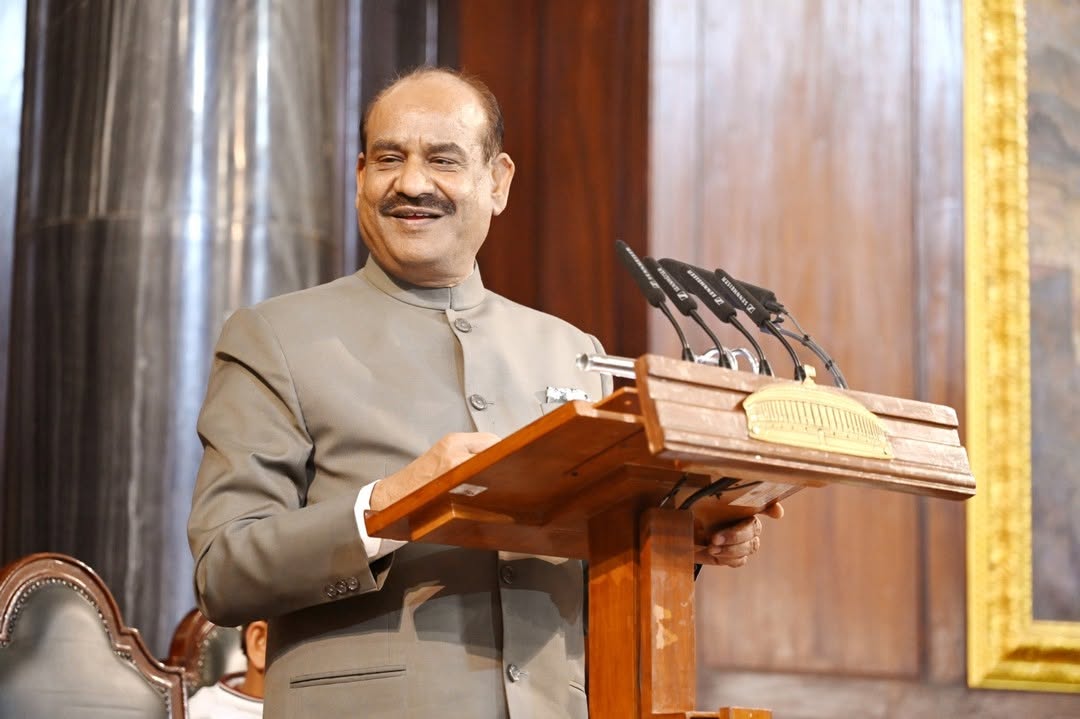British Prime Minister Sir Keir Starmer began his first official visit to India on 8th of October, 2025, leading the largest-ever UK trade delegation to the country. The two-day trip, involving over a hundred business leaders, academics, and cultural representatives, aims to deepen cooperation following the landmark Free Trade Agreement (FTA) signed earlier this year. The visit marked a significant step in strengthening the modern partnership between India and the United Kingdom, following the FTA concluded in July during Prime Minister Narendra Modi’s visit to London. The agreement, finalised after three years of negotiations, is set to reduce tariffs on key goods including textiles, whisky, and automobiles, while expanding market access for businesses across both nations.
Speaking at a joint press conference in Mumbai, Sir Keir hailed the deal as “a launchpad to boost British leadership in everything from technology to life sciences and renewable energy.” He described it as “huge for the UK and the most ambitious trade deal India has ever done,” adding that “the opportunity is clear — just look at the sheer scale of India, the world’s largest democracy, on track to become the third-largest economy by 2028.” The British Prime Minister and his Indian counterpart also discussed global issues, including the ongoing war in Ukraine. Sir Keir confirmed that the topic of India’s purchase of Russian oil was raised during their talks. “We discussed the need for a just and lasting peace in Ukraine, for stability and security in the Indo-Pacific, and for cooperation in critical areas like climate and energy, including moving away from dependence on fossil fuels,” he said. PM Modi reiterated India’s stance on resolving the conflict through “dialogue and diplomacy,” noting that both sides share an interest in maintaining global stability.
Expanding Economic and Educational Ties
India–UK trade relations have been growing steadily. Bilateral trade in goods and services reached £42.6 billion in 2024, marking an 8.3 per cent increase over the previous year. India’s exports to the UK stood at £25.5 billion, while imports were valued at £17.1 billion, making India the UK’s 11th-largest trading partner.
India’s major exports include textiles, pharmaceuticals, refined oil, and jewellery, while Britain’s exports largely comprise industrial machinery, transport equipment, metals, and chemicals. The FTA is expected to further liberalise trade, with the UK slashing taxes on Indian imports such as clothing, footwear, and seafood, while India will reduce duties on Scotch whisky, luxury cars, and medical devices. Investment also forms a strong pillar of the relationship. India is the UK’s second-largest source of foreign direct investment after the United States, contributing £13.1 billion in 2023. Nearly a thousand Indian firms operate in Britain, employing more than 118,000 people and generating almost £68 billion in revenue. Conversely, the UK ranks as India’s sixth-largest investor, with over 660 British companies active across the country.
Defence and Education Announcements
In a significant defence development, Prime Minister Modi announced a new military training agreement under which Indian Air Force flying instructors will work as trainers within the Royal Air Force. “This partnership will deepen cooperation between our armed forces and enhance mutual capability,” Mr Modi said. Education was another focal point of the visit. Sir Keir confirmed that more British universities would soon open campuses in India, a move he described as “a major boost to both economies.” The University of Lancaster and the University of Surrey have already received approval for new campuses, while institutions such as the University of York, University of Aberdeen, and Queen’s University Belfast are expected to follow suit. “I’m delighted that more Indian students will be able to benefit from a world-class British education in the near future,” Sir Keir said, announcing that the expansion is expected to bring a £50 million boost to the UK economy. Prime Minister Modi also celebrated the development, noting that nine British universities are set to open campuses in India. “It is a matter of great joy that now nine universities from the UK are going to open campuses in India. The Gurugram campus of Southampton University was recently inaugurated, and the first group of students has already been admitted,” he said.
Technology, Green Growth, and Shared Vision
Beyond trade and education, the two governments are pursuing deeper collaboration in innovation, finance, and sustainability. Initiatives such as the Green Growth Equity Fund and the Financial Markets Dialogue continue to drive joint investments in renewable energy, fintech, and climate finance. Sir Keir also met Nandan Nilekani, the architect of India’s digital identity system, to discuss Britain’s plans for a similar digital ID initiative aimed at improving workplace verification and reducing illegal employment. Arriving in Mumbai, Sir Keir received a warm welcome, with banners and photographs of both leaders lining the streets. Downing Street said the yet-to-be-implemented FTA has already generated £1 billion in investment and created nearly 7,000 jobs across the UK.
As both nations look ahead, the partnership is being framed as one grounded in mutual respect and forward-looking cooperation. For Britain, it represents a cornerstone of its post-Brexit trade strategy. For India, it aligns with the long-term vision of Viksit Bharat 2047 — a developed, globally connected nation within the next two decades. “The UK–India relationship has always been special,” Sir Keir said in closing. “But this visit marks the beginning of a new era — one built on opportunity, innovation, and shared ambition.”

